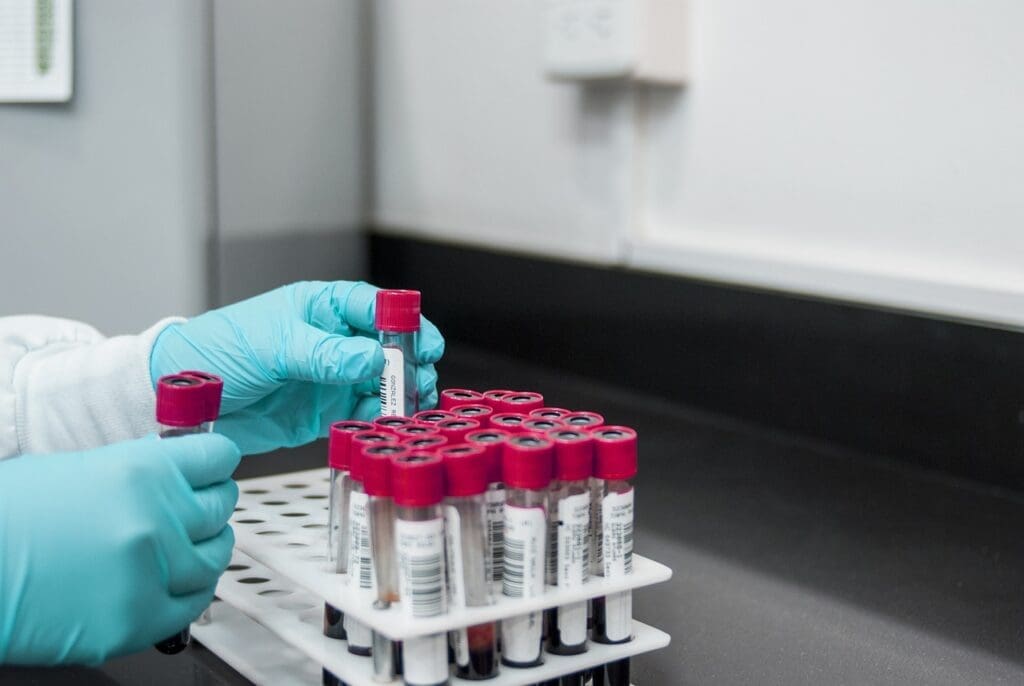Biomarker shows: Dietary change can partially reverse brain aging
Researchers at the Leibniz Institute on Aging ŌĆō Fritz Lipmann Institute (FLI) in Jena have discovered that the chemical composition of proteins in the brain changes significantly with age, with the process of ubiquitylation playing a central role. These findings were published in the journal “Nature Communications” after extensive studies on mice. Of particular note is the finding that short-term dietary changes, such as moderate calorie restriction, can partially reverse some of these changes, opening up new approaches to slowing the brain aging process and combating neurodegenerative diseases.

As we age, the composition and function of brain proteins shift, which can affect memory, responsiveness, and the risk of diseases such as Alzheimer’s. Ubiquitylation acts as a molecular label that determines whether a protein remains active, adjusts its function or is degraded. The studies show that this process is out of balance in the aging brain: many proteins are overlabeled or lose their label, regardless of their quantity, which impairs cell function.
Another factor is the decline in the activity of the proteasome, the cellular machine for protein building. With increasing age, this “recycling system” weakens, resulting in labeled but non-degradable proteins in the brain. Around one third of age-related ubiquitylation changes are directly related to this reduced cleaning performance, which can damage the function of nerve cells in the long term.
In a promising approach, the scientists tested whether diet can influence these processes. Older mice subjected to moderate calorie restriction for four weeks showed a partial return of ubiquitylation patterns to a more youthful state. This suggests that diet can modulate molecular processes in the brain even in old age, although the effect does not apply equally to all aging mechanisms.
The results suggest that ubiquitylation could be a sensitive indicator of brain aging and could serve as a starting point for future therapies to minimize age-related damage. The research could also deepen the link between diet, protein balance and neurodegenerative diseases.
Original Paper:
Aging and diet alter the protein ubiquitylation landscape in the mouse brain. Marino A, Di Fraia D, Panfilova D, Sahu AK, Minetti A, Omrani O, Cirri E, Ori A. Nat Commun. 2025 Jun 6; 16(1):5266. doi: 10.1038/s41467-025-60542-6.
Editor: X-Press Journalistenb├╝ro GbR
Gender Notice. The personal designations used in this text always refer equally to female, male and diverse persons. Double/triple naming and gendered designations are used for better readability. ected.




